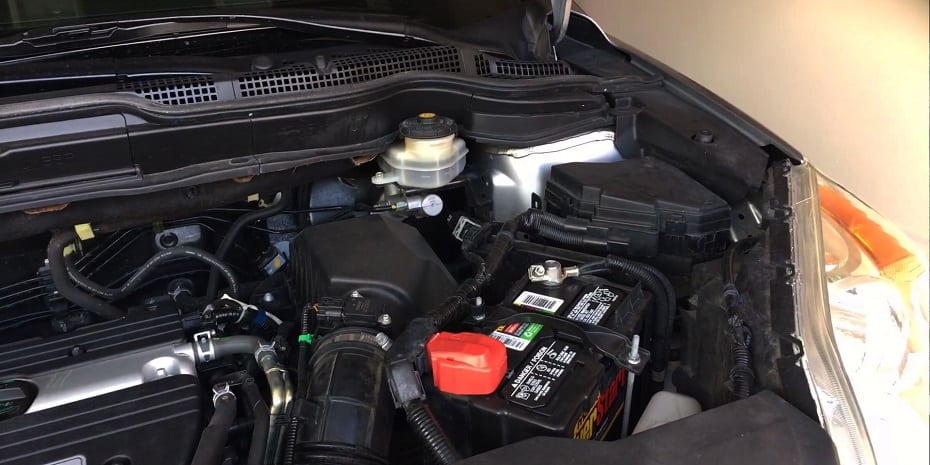
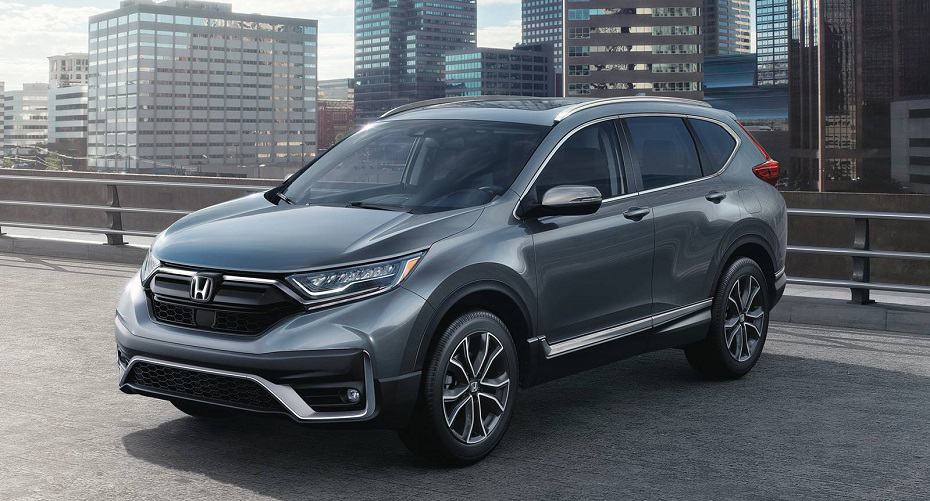

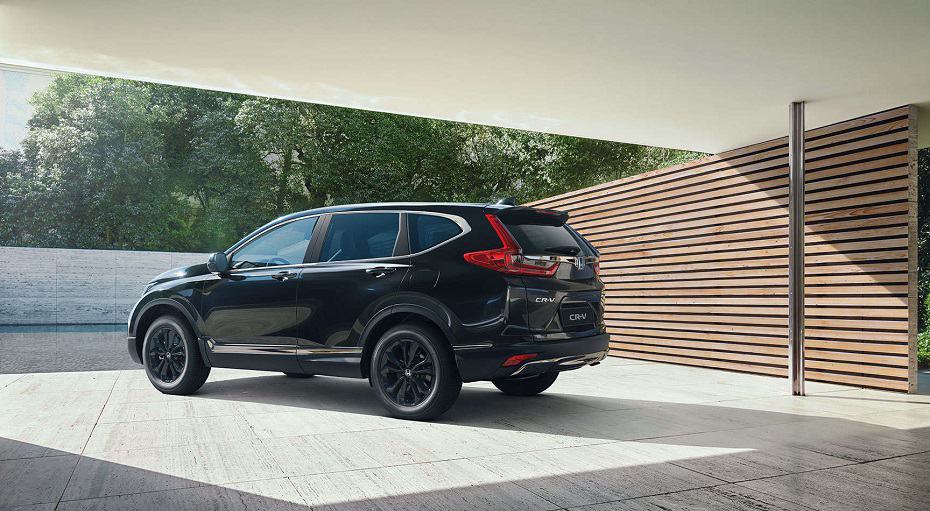
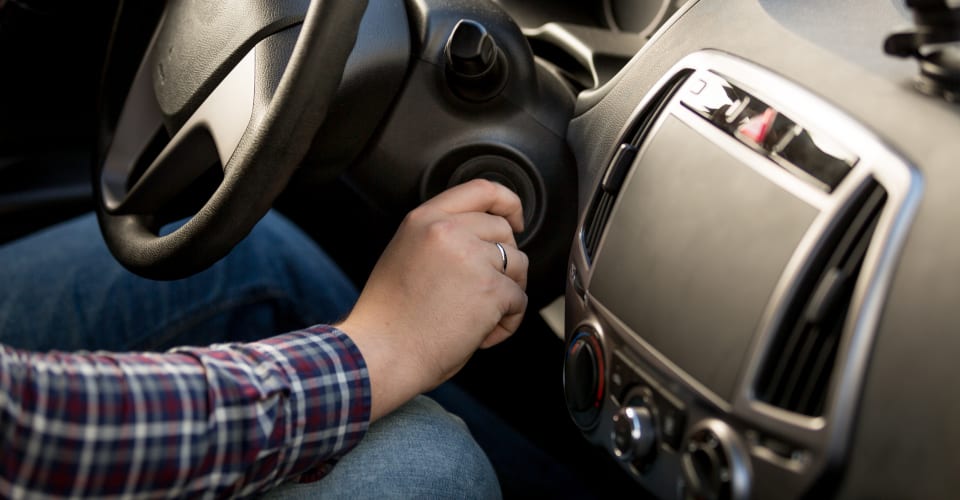

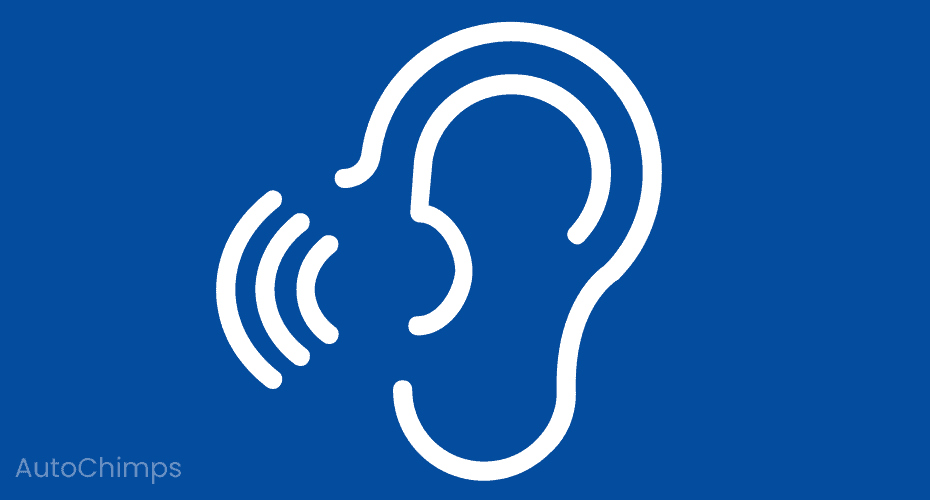
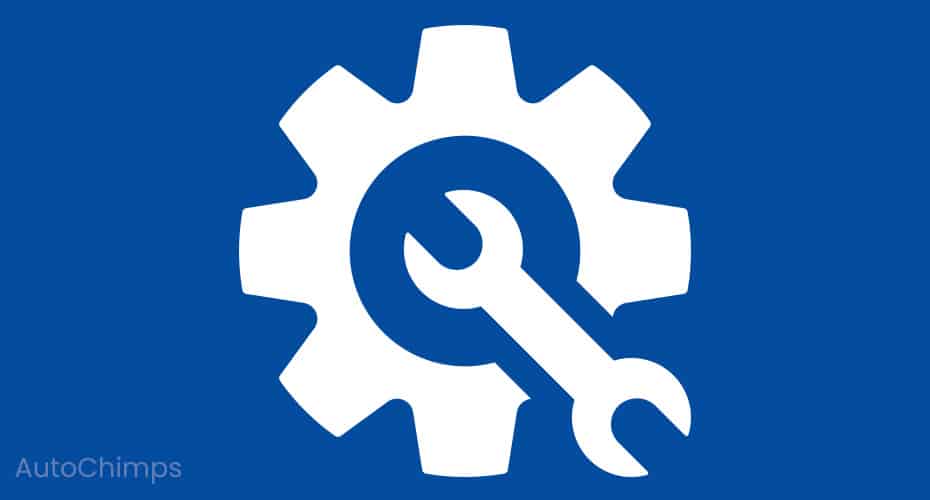
Why Your Honda CR-V Won’t Start: Troubleshooting Tips
Is the Honda CR-V refusing to start? No need to panic; this guide has got the scoop on what might be going wrong.
How Does a Honda CR-V Start?
The CR-V fires up just like any other gas-powered car. Understanding the process can help pinpoint the issue.
When the key turns to START, it connects two terminals, closing the ignition switch. This kicks off the electric system linked to the starter solenoid.
Once powered, the solenoid creates an electromagnetic field that pulls a plunger into action. This plunger does two things at once: it pushes the pinion gear out to mesh with the engine’s flywheel and connects two contactor switches to complete the circuit to the motor.
This all leads to the starter motor cranking the engine. As the flywheel spins, the pistons move up and down, giving the engine the push it needs to start running on its own. When the key is released, the starting circuit cuts off, the solenoid loses power, and the starter motor stops. Voilà, the engine is alive!
What Could Be Wrong When a Honda CR-V Won’t Start?

When a CR-V won’t start, there’s usually a hiccup somewhere in the system. The issue could be anywhere from the ignition switch to the fuel injectors or spark plugs.
So, what’s the CR-V doing? Is it:
- Cranking but not starting? You’ll hear that “ruhruhruh” sound, but the engine just won’t catch.
- Not cranking, just clicking? That means power is reaching the solenoid, but the motor isn’t turning the flywheel.
- No noise at all? The starter solenoid isn’t engaging.
Note: “cranking” and “starting” are often used interchangeably here.
Common Honda CR-V Starting Issues
Before diving deeper, here are a few common CR-V problems that could be messing with the starting system. If any of these ring a bell, it might be worth a trip to a Honda dealership. They might fix it for free!
Second-Generation Ignition Switch Problems

Second-gen CR-Vs (2002-2007) had some ignition switch issues. If the starting circuit terminals are faulty, power won’t reach the starter solenoid, meaning no sound at all when the key is turned.
Battery Power Loss from Parasitic Drains

This issue can pop up in any CR-V model. A parasitic drain can suck the battery dry overnight. If the battery’s dead, that’s a major red flag.
Parasitic drains happen when an electrical component keeps drawing power after the car is off. Honda has acknowledged this issue in service bulletins, so it’s worth checking if the vehicle is affected.
Wrong Battery Charge Mode (2012 to 2014)
For 2012-2014 CR-Vs, a faulty sensor might not fully charge the battery. A software update can fix this.
Diagnosing the Problem

If none of those common problems apply, here are some general issues to consider:
Cranking but Not Starting
If the CR-V cranks but doesn’t start, power is getting to the starter solenoid and engine. The issue might lie elsewhere:
- Low battery power: There’s some juice, but not enough to start. A jump-start might help, but the root cause needs checking.
- No fuel: An empty tank or a clogged fuel filter could be the culprit.
- Multiple misfires: If several cylinders misfire, the engine won’t have enough power. This could be due to bad spark plugs or ignition coils.
- Crankshaft position sensor: If this sensor fails, it can throw off engine timing, preventing the car from starting.
Clicking Noise

If there’s a clicking noise, the solenoid is engaging, but the starter motor isn’t turning the engine. Possible reasons include:
- Low battery power: The battery might be too weak to crank the starter motor.
- Damaged solenoid terminals: Rusty or broken terminals can prevent the circuit from completing.
No Noise at All

If there’s complete silence, the solenoid isn’t activating. This could be due to:
- Completely discharged battery: No charge means no power.
- Immobilizer/anti-theft device: If the key isn’t recognized, the car won’t start.
- Faulty wiring: Loose connections can cause issues.
- Ignition switch failure: If the switch isn’t completing the circuit, the starter won’t get power.
How to Fix a Honda CR-V That Won’t Start

First things first: check for any service bulletins. Have the VIN handy—it’s usually on the door sill or at the base of the windshield. If the car is affected, it could mean free repairs!
If not, a new battery might be the simplest fix. Sometimes a new alternator does the trick, too. Try jump-starting the car and let it charge for a bit. If it still won’t start, there’s likely a deeper issue.
Get the starter motor checked out; it might need replacing, and that usually comes with a new solenoid. If misfires or electrical problems are in play, those could be pricier to diagnose and fix.



